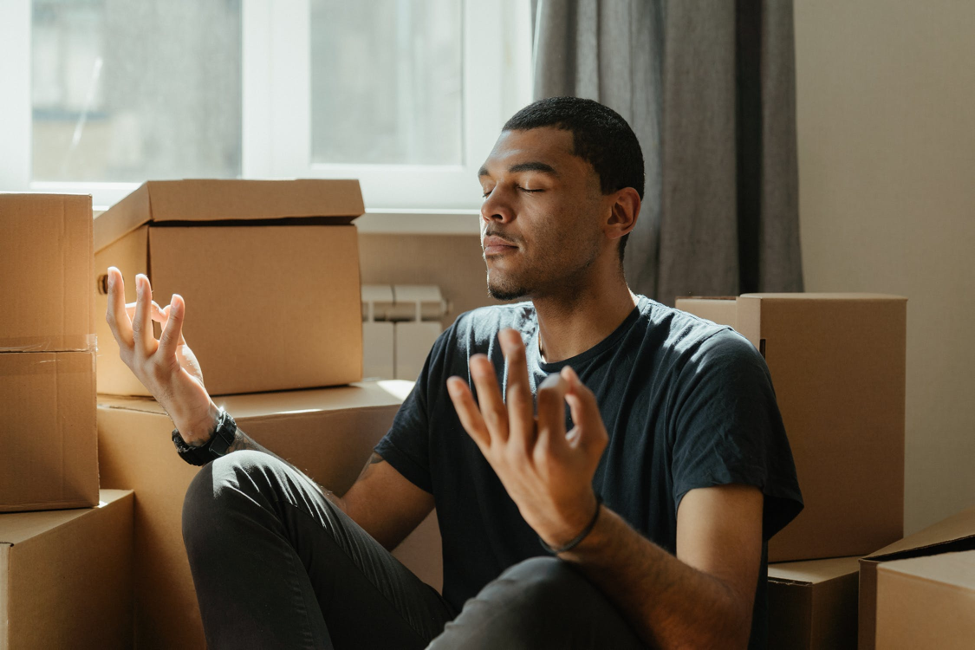Military veterans are some of our nation’s strongest individuals but also one demographic that is highly at risk of depression. Given the prevalence of social isolation due to the pandemic, veterans — especially those suffering from post-traumatic stress disorder (PTSD) — may even be at a higher risk. However, there are many ways to make yourself feel better. Meditation is one that has many benefits and is easily accessible to all.
Depression
Ruyts Foundation has pointed out before the alarming statistic of military suicides jumping during COVID. This is alarming but largely preventable if you understand the signs of depression. This includes unwarranted irritability, restlessness, interrupted sleep, and feelings of self-loathing. Depression has many causes, and these are unique to each individual. Stress can be a trigger for some, and meditation is a great way to minimize stress. While this may not be the only factor, anything that you can do – or encourage the veteran in your life to do – to reduce stress will help.
Before You Meditate
Preparing yourself mentally to meditate is perhaps the most difficult part. As Chopra explains, this involves committing mentally and staying in the present. It might be best to start in the morning when your mind isn’t cluttered with the trials and tribulations of the day. You can also create a comfortable and healing space in your home that you can dedicate to the practice.
To ready your meditation station, start by clearing out bad energy. You can do this by eliminating clutter and letting the stagnant air flow out through open windows, which also reduces airborne particles, such as pet dander and dust. Invest in a meditation pillow, a few candles, and set a focal point. Meditation Daily explains that this could be your heartbeat, breath, a mantra, or music. Whatever you choose, make sure that it is relaxing but not distracting.
How To Meditate
Yoga Journal says there are five different ways to meditate: sound, imagery, gazing, breathing, or relying on physical sensations. But, at the end of the day, meditating is simply the practice of clearing your mind and being more self-aware. Start by committing two minutes to closing your eyes and listening to yourself breathe. Feel your chest rise and fall as the air enters and exits your body. If you get distracted, that’s okay. Start over, and don’t be disappointed if it takes days or weeks to fully let yourself give into the sensation of self-awareness.
Why Meditate?
If you’ve never meditated, now’s a great time to start. Meditation can reduce stress and control anxiety. Perhaps more importantly, it can give you some control over your emotional health; A 2015 publication on the US National Library of Medicine found that mindful meditation can even help you control your reaction to negative stimuli.
Meditation is also associated with a reduction in age-related memory loss and can help you overcome addiction and addictive behaviors. Importantly, mindfulness can also reduce the effects of insomnia, which is intrinsically linked to suicide. Improved sleep will go a long way toward improving an individual’s overall mental state.
Meditation has so many benefits, and it is a completely free and fully accessible activity that anyone can do. For veterans, taking the time to be mindful of your emotions may be just what you need to put you on a path toward physical and emotional wellness. Try it today, it won’t cost you a thing, but it may save your life.
The Ruyts Foundation is on a mission to eradicate veteran suicide. With an average of 22 US vets dying by suicide each day, this is an epidemic we can’t afford to ignore. If you are a veteran in crisis, call the veteran crisis line at 1-800-273-8255.

